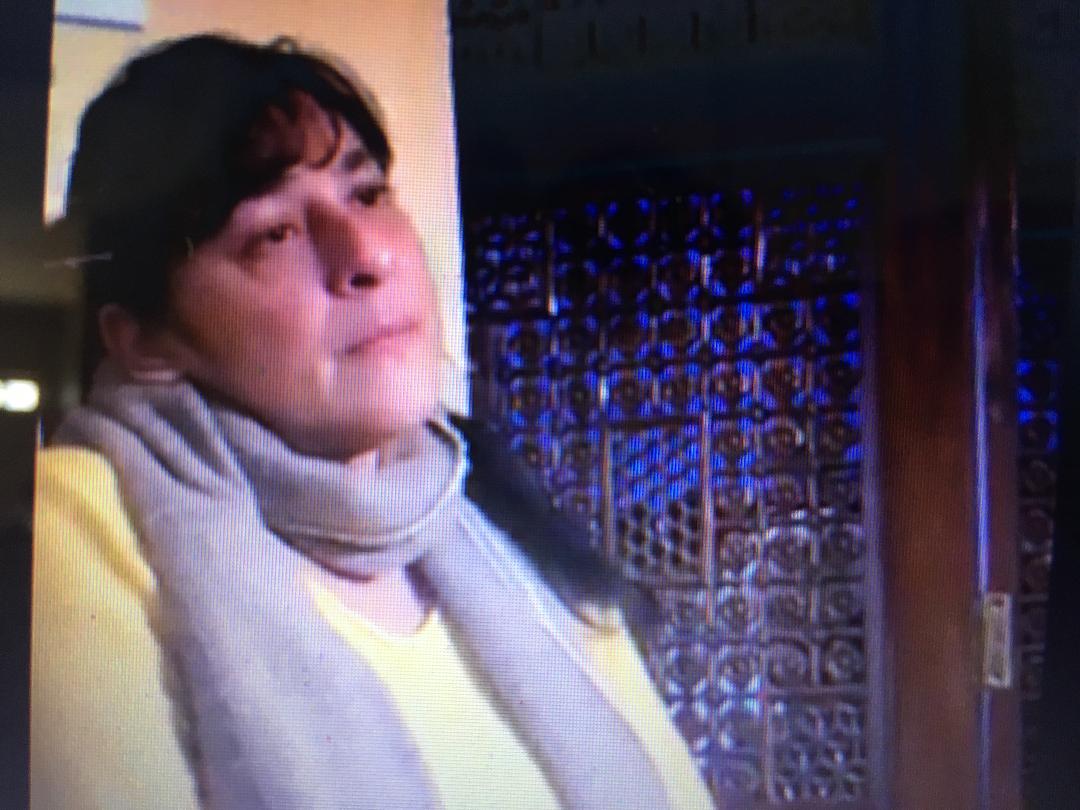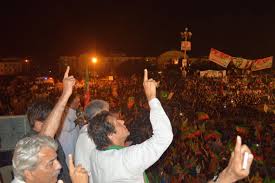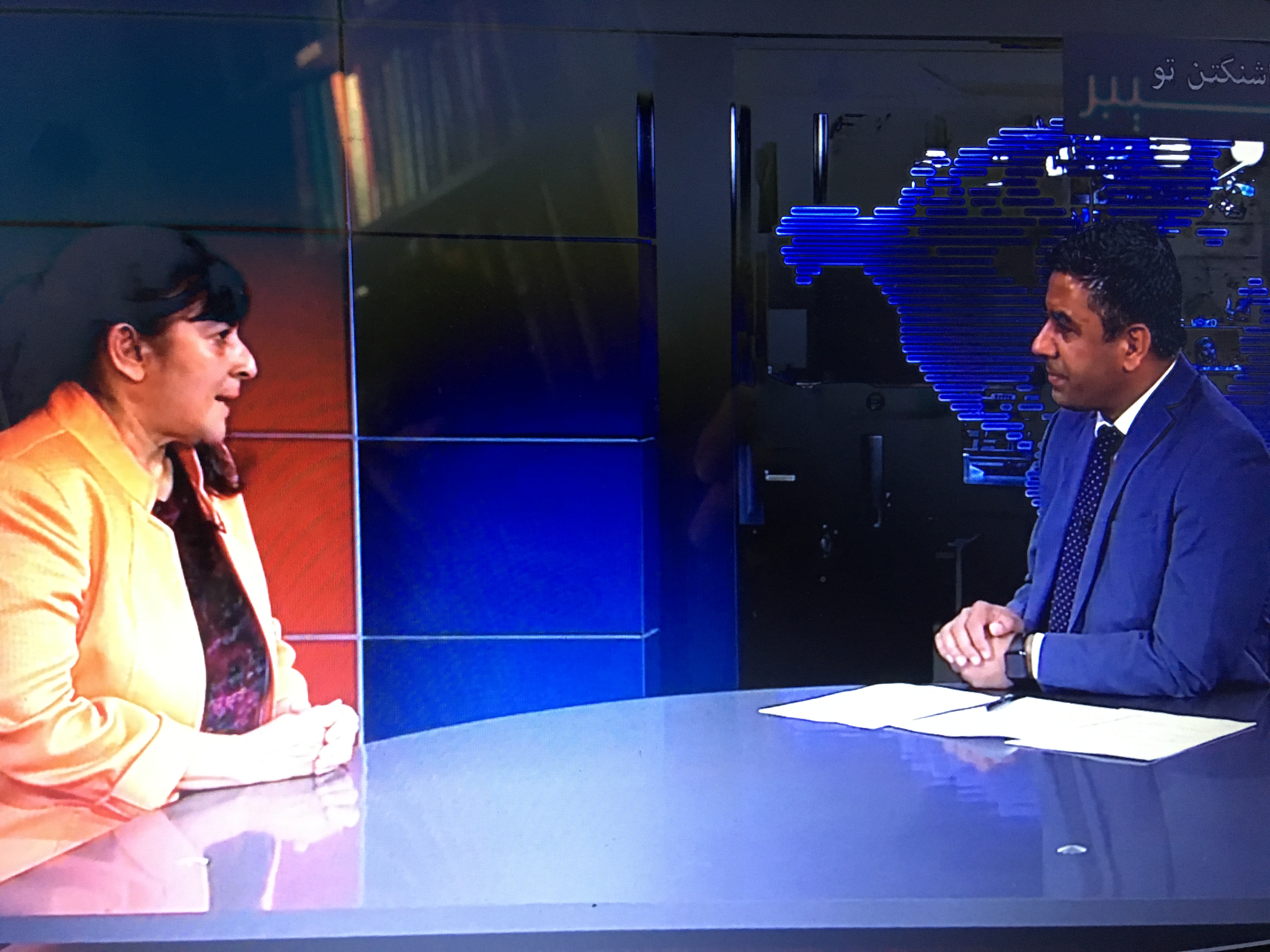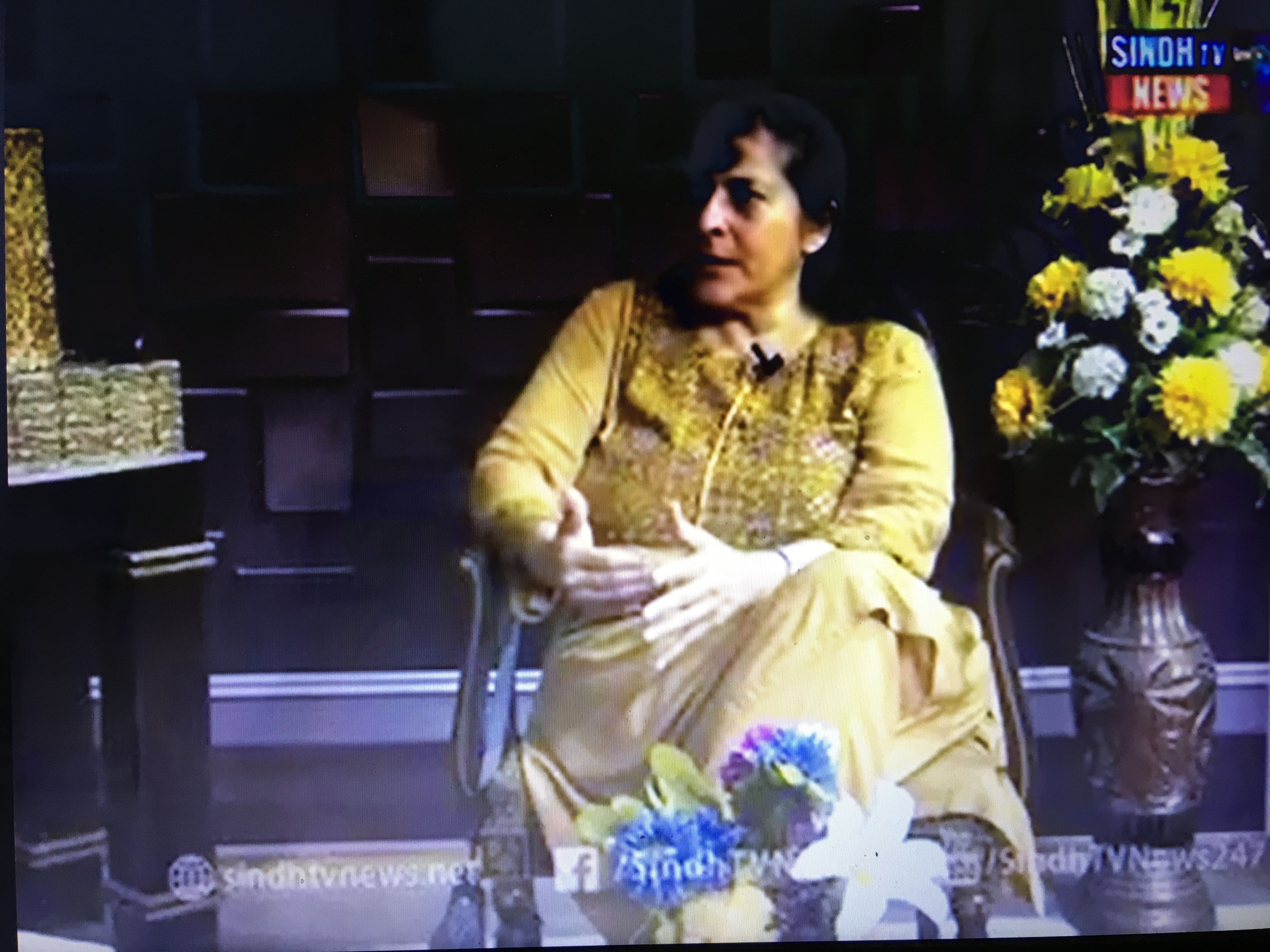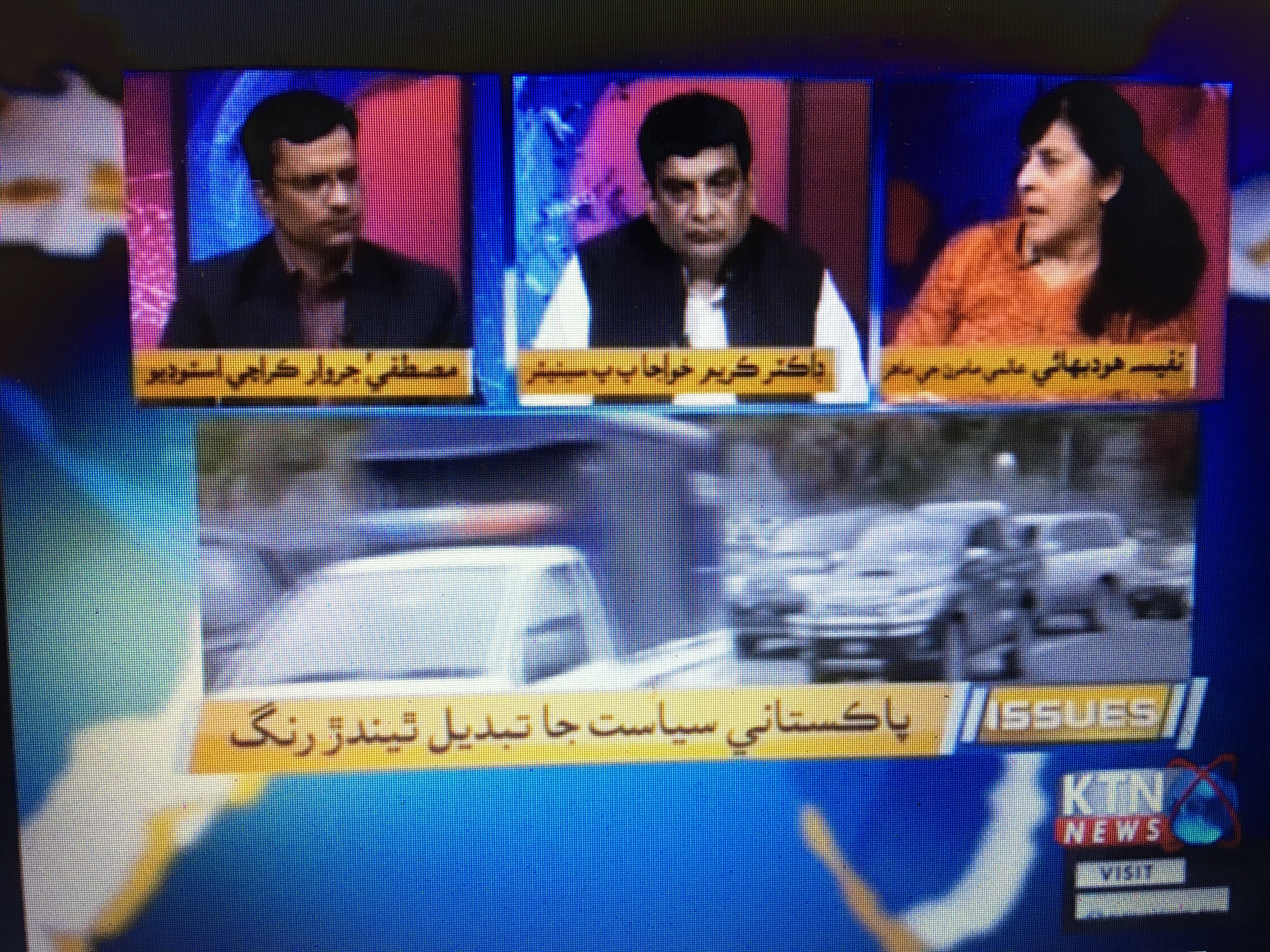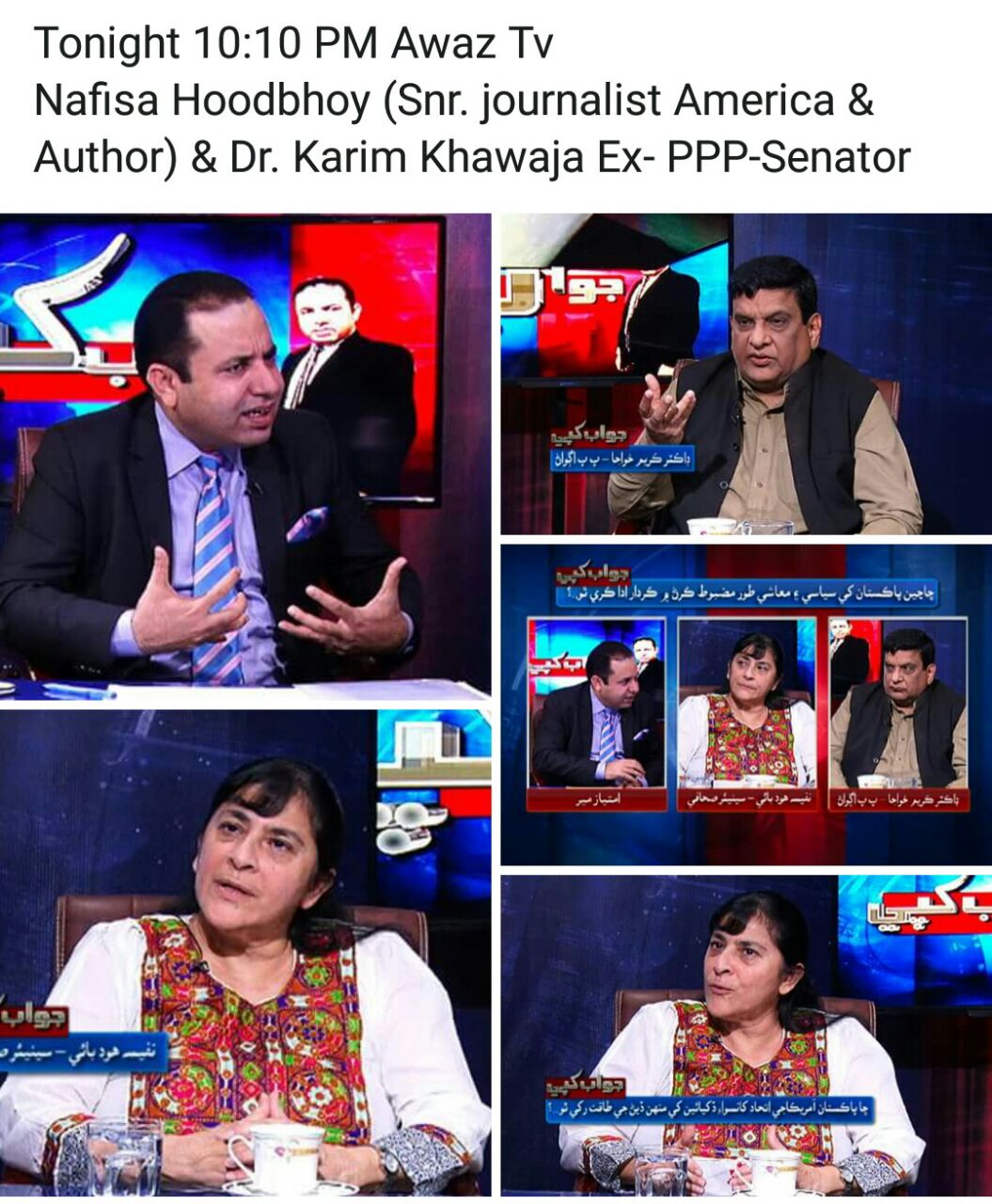The Pakistani Taliban routinely used terror attacks on civilians and army targets as a lever to stop US drone strikes, and expand their hold on territory. A decade after 9/11, their guerrilla tactics became bolder. At times they acted in concert with army insiders to carry out a stunning number of terrorist attacks at military and naval bases, airports, docks and other strategic locations.
As the Pakistani Taliban grew, they attracted Uzbek, Tajik, Chechen, Uighurs, Southeast Asian, Arab and North Africans jihadis. Pakistan became the global hub for jihad. It was not just the madressahs but higher academic institutions that bred anti-modernity. The absence of governance let sectarian groups kill Shias, Christians, Hindus and religious minorities with impunity.
The army’s high wire attempts to keep the `good (Afghan) Taliban’ separate from the `bad Taliban,’ — Pakistan’s militant Pakhtuns — threatened to implode the state.
With the Obama administration’s announcement of a draw down of troops from Afghanistan, the time was ripe for Pakistan’s army to revise its military strategy. A new chapter was added to its `Green Book’ relating to `sub-conventional warfare,’ which underlined the “internal threat.” Army Chief Gen. Kiyani articulated what people in Pakistan had known through a decade of suffering — that the Taliban and multifarious sectarian, ethnic and secessionist groups had become “a greater threat to Pakistan than even India.”
But the army also needed sweeping powers which would override the civilian government’s authority. Who could serve them better than the twice elected prime minister and businessman born from their womb — Nawaz Sharif? They also needed a politician like Imran Khan, who was ready to `flog the US horse’ and support the Taliban, or not… as long as it gave him access to power.
In May 2013 the army gave the Pakistani Taliban a license to become `king makers.’ In this electoral strategy, the Taliban refrained from violence against public rallies of right wing politicians like Nawaz Sharif and Imran Khan… while gunning down candidates of secular parties like the Awami National Party, Pakistan Peoples Party and Mutehidda Qaumi Movement.
Bereft of a populist leader like Benazir Bhutto, the PPP mostly hunkered down. While the ANP, MQM and independents made the ultimate sacrifice, losing candidates and sympathizers to the rampaging Taliban. Knowing that the good times wouldn’t last, the Taliban sought a `quid pro quo’ from the government they had helped to elect. They demanded an end to US drone strikes and the army’s withdrawal from FATA and the territory adjoining Afghanistan.
Imran Khan, who formed the PTI government in Khyber Pakhtunkhwa province — which included much of the territory under army control — became the “soft power,” to negotiate the Taliban’s demands.
Prime Minister Nawaz Sharif convened an All Parties Conference in Islamabad, where political parties agreed to hold “peace talks” with the Pakistani Taliban. Their precondition to the TTP, then led by Hakeemullah Mehsud, was that the Taliban cease all terrorist attacks.
But flush with ill-gotten wealth, weapons and foreign fighters, the Pakistani Taliban killed innocent people and issued demands side by side. Unlike the Afghan Taliban, who still had an ideology against `foreign occupation,’ the Pakistani Taliban had turned into a loose assortment of criminals.
Dismayed, people saw politicians cower before the Taliban. The TTP network stretched between 30 factions headed by Hakeemullah Mehsud in North Waziristan and Mullah Fazlullah in Afghanistan. Hakeemullah had cemented the perfect union between the Taliban in Afghanistan and Pakistan and their sectarian affiliates.
The Taliban warned that their real intent was to overthrow the constitution of Pakistan and implement their interpretation of Shariah — the pre-Islamic and customary laws they had enforced in Afghanistan. Just two weeks before he was killed, Hakeemullah gave a rare interview that Pakistan’s close relations with the US had made it necessary to attack the state.
Army insider, Prime Minister Nawaz Sharif warned the Taliban that failure in talks could result in sustained army action. But Imran Khan rose to their defense. Even after Christians were massacred in a church in Peshawar, he demanded that the Taliban be allowed to open an office for negotiations.
Meanwhile, Pakistan’s army held its high moral ground against US drone attacks. In October 2013, it sent victims to Washington to testify before Congress.
US House Foreign Affairs Committee member, Alan Grayson, who presided over the testimony, called its bluff when he delivered a left-handed compliment to Pakistan about its “very powerful” air force.
“With all due respects to an ally, it is well within Pakistan’s capability to end those drone strikes tomorrow,” he told the media in the nation’s capital.
Playing Politics Like a Game of Cricket
For most of 2014, a reality TV show played out across Pakistan, as the media covered cricket star Imran Khan’s demand that Prime Minister Nawaz Sharif resign for presiding over “rigged elections.” TV channels competed for ratings, as they covered the PTI chief, standing atop a container in Islamabad, where he spoke unscripted and at times ranted abusively against the prime minister.
Sharif was no stranger to rigged elections — having secured his victory against Benazir Bhutto through rigging, as acknowledged by army insiders. But the twice elected prime minister and wealthy businessman possessed slick election support. One contestant from Lahore told me, he was aghast to find the stupendous amounts spent by the Sharifs during their 2013 electoral campaign.
As Nawaz Sharif became prime minister for the third time, he faced rivalry not only from Imran Khan but Pervez Musharraf — the military chief turned president, who ousted him in a coup in 1999. Musharraf had returned home in time for the elections, hoping to carve out a new political career. But the `commando’ faced serious charges of suspending the constitution and presiding over the assassinations of Baloch tribal chief, Nawab Akbar Bugti and former prime minister, Benazir Bhutto.
Arriving at Karachi airport with a couple of hundred loyalists from overseas, photographs show Musharraf with raised hand… as if saluting the imaginary millions swarming to welcome him home. Instead, as a frowning policeman looks on, the picture speaks a thousand words.
That, alas for Musharraf, was the reality that greeted him upon return. In a Shakespearean drama, the tables turned as Musharraf was put on trial by the very prime minister he had ousted.
It was an uncomfortable position for the army establishment to have one of their own, tried in court like a commoner. Musharraf’s supporters turned to aggressive tactics, fighting off the photographers and reporters who tried to document his historic downfall.
Even though party loyalists had dwindled, they apparently had a plan to “rescue” Musharraf. It intrigued me when his party’s chief praised a religious cleric, Tahir ul Qadri, who had just then flown from Canada to Islamabad to mobilize against Pakistan’s newly elected prime minister. The quirky cleric, whom I had encountered in the ’80s, would occasionally `parachute’ into Pakistan to mobilize welfare recipients of his Islamic schools, for select causes.
For months Imran Khan and Tahir ul Qadri rallied supporters in Islamabad on a one-point agenda: removal of Prime Minister Nawaz Sharif. Flanked by party leaders, the unlikely pair fired up crowds from their respective containers for the August 14 climax — Pakistan’s Independence Day — when Khan hoped that the `umpire’ would rule in his favor.
The government held off a heavy handed approach, even shifting security barriers in front of parliament to accommodate the protestors. The climax came as TV cameras moved from the leaders and zoomed in on loyalists… as they battled riot gear police, and broke furniture in the headquarters of state controlled television.
Twitter lit up with comments from Pakistan observers when PTI president, Javed Hashmi… once imprisoned by Musharraf for being a Sharif loyalist… appeared to snap out of his stupor. Perhaps jolted by the realization that Musharraf may be using him to bring martial law, Hashmi turned into a whistle blower. He told the media that Khan had told the party’s internal meeting that he had received support from army generals to oust the prime minister.
The drama ended when army chief, Gen. Raheel Sharif showed little appetite for dissolving Sharif’s government or taking over the reins of power.
Still, as Qadri flew back to Canada and Khan went home, the army got respite. Musharraf was no longer required to attend his court hearings. Instead, he was put under `house arrest’ in his sprawling house in Defense Housing Society, Karachi — with the
street closed off to the public. Like a bored tiger in a luxurious cage, he issued statements, spoke at events and attracted a clueless elite. Despite court cases that included charges of “treason,” in 2016 the former army chief was quietly allowed to fly overseas on “medical grounds.”
On the other hand, Imran Khan’s campaign left Prime Minister Nawaz Sharif weaker and the army establishment in a stronger position to control the pillars of democracy.

